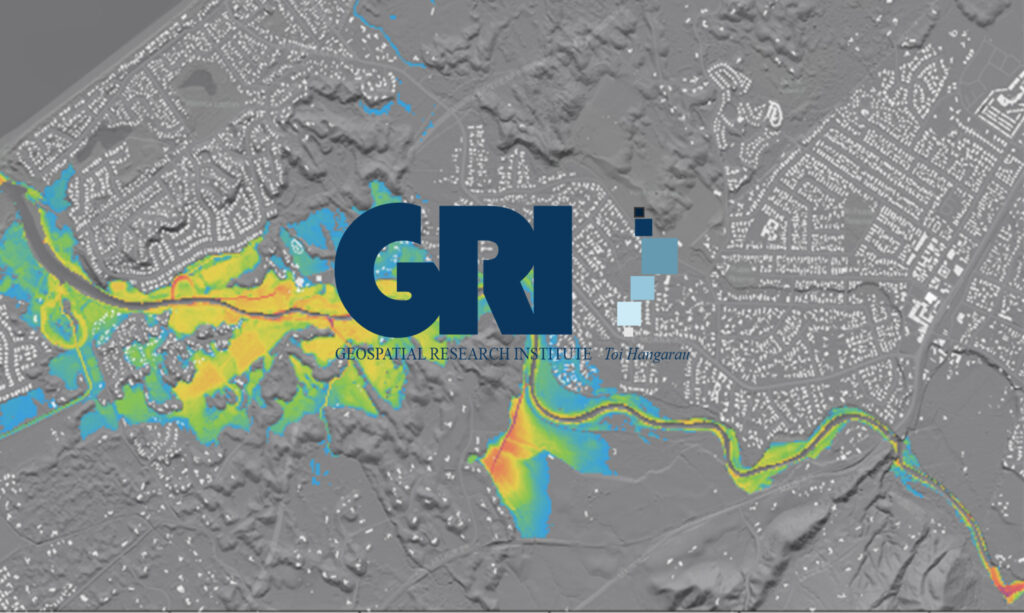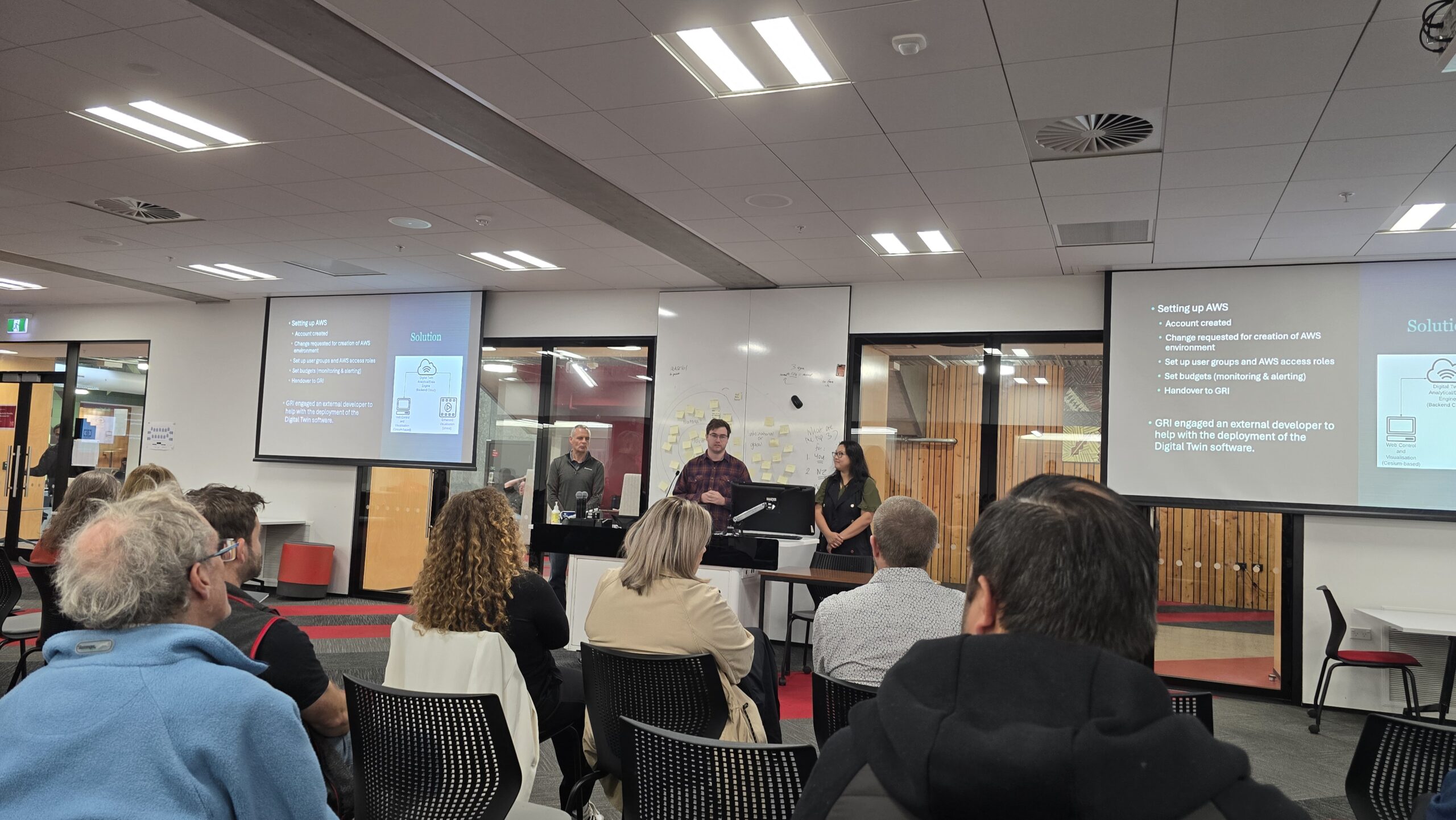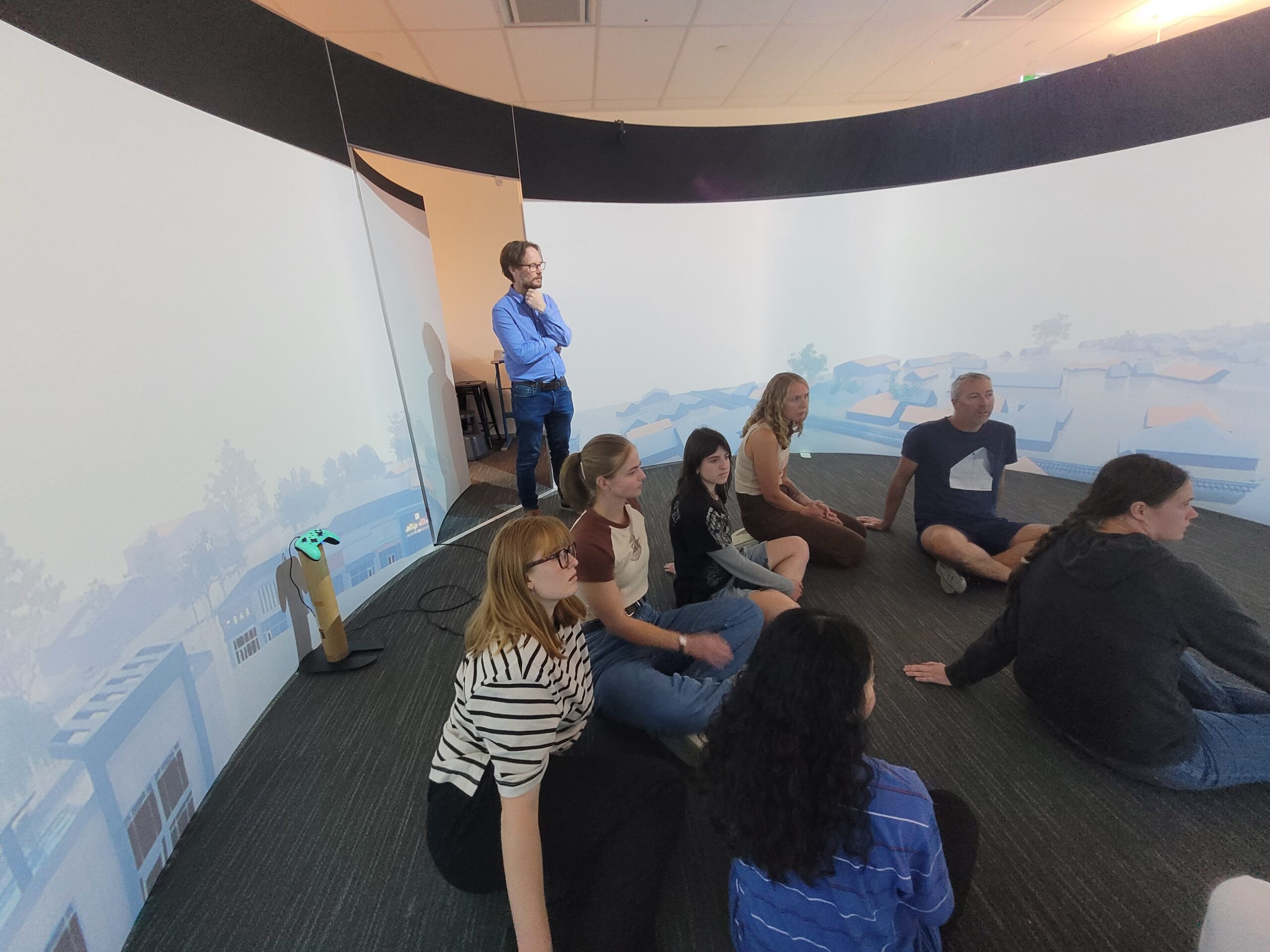We are now accepting applications for the 2025 Geospatial Research Institute (GRI) scholarship.
Funds awarded: Total NZ$35000/year, plus fees and $4000 expenses (over three years full-time, or pro-rata for part-time study).
Funding period: The scholarship is tenable for the period necessary to complete up to 360 points of enrolment
Scholarships available: One
Closing date for applications: 30 May 2025, 17:00pm NZ Time
For information related to selection of PhD candidates please download this link: https://geospatial.ac.nz/wp-content/uploads/2025/04/selection_of_phd_candidates.pdf
As part of the selection process, the candidates need to select one of the following geospatial projects:
The Effects of Modern Pine Harvesting Techniques on the Movement of North Island Brown Kiwi (Apteryx mantelli)
Aim: This research aims to track kiwi movements through logging operations to study kiwi behaviour, assess potential risks and inform improved management strategies.
Summary: The North Island brown kiwi is a national icon and taonga species. Although kiwi are often found in commercial forestry plantations, little is known about how harvest operations affect them. This project, in collaboration with Save the Kiwi, the Kiwi Recovery Group, and forestry industry partners, will tag kiwi and track their movements before, during, and after harvest. Using telemetry and advanced movement analytics, we’ll generate detailed spatial data and we hope to develop methods for real-time monitoring using a network of forest-based receivers. By mapping spatial patterns of kiwi behavior, the research can pinpoint risks like territorial displacement or proximity to hazards during logging.
Skills required: The ideal candidate for this PhD position will have experience gathering and processing geospatial data and a track record of conducting independent research (e.g. through having completed a masters research thesis). They will also have experience/interest in ornithology, animal behaviour, forestry management, and/or landscape ecology. We strongly encourage applicants who are from communities in forestry-growing regions of Aotearoa.
Contact: Sara Kross, sara.kross@canterbury.ac.nz
Geographic Patterns of Parkinson's Disease in New Zealand: Environmental Exposures and Healthcare Accessibility Networks
Aim: To investigate geographic patterns of Parkinson’s disease progression in New Zealand, examining the relationship between environmental exposures, healthcare access, and disease outcomes.
Summary: This project will conduct the first comprehensive spatial analysis of Parkinson’s disease (PD) in New Zealand using data from the NZBRI PD cohort and the Integrated Data Infrastructure. We’ll apply Bayesian modelling to identify PD patients nationwide and analyse their outcomes in relation to residential location, environmental exposures, and healthcare utilisation. The research integrates the Healthy Location Index with demographic factors to understand environmental and social determinants of PD progression. By mapping care pathways and healthcare accessibility patterns, we aim to identify opportunities for optimised service delivery and resource allocation, while generating insights into environmental risk factors that may influence disease outcomes.
Skills required:
- Background in health sciences, geography, epidemiology, or related field
- Interest in statistical analysis and willingness to learn Bayesian approaches
- Basic understanding of GIS or eagerness to develop spatial analysis skills
- Experience with data management and analysis software (e.g., R, SPSS)
- Good written and verbal communication skills
- Ability to work with interdisciplinary research teams
- Interest in environmental health and healthcare systems
- Attention to detail and strong analytical thinking
- Willingness to learn about Parkinson’s disease and neurological conditions
- Motivation to contribute to improving healthcare delivery
Contact: Dr Sinéad Moylett, sinead.moylett@canterbury.ac.nz
Exploring sources of natural airborne particulate matter in New Zealand
Aim: This project will combine geospatial data science and chemistry-climate modelling to explore how natural airborne particulate matter impacts air quality in New Zealand.
Summary: Airborne particulate matter (or ‘aerosol’) causes respiratory illnesses in humans when inhaled, and influences climate through its interactions with light and clouds. Natural sources of aerosol include plants, wildfires, dust and the ocean. New Zealand is unique in that much of the population is more frequently exposed to high levels of natural aerosol rather than human-created sources. However, there are large gaps in our understanding of New Zealand’s natural aerosol and how it may respond to climate change. We will address this knowledge gap by developing a proof-of-concept chemistry-climate model for the New Zealand region. Geospatial analysis will inform its development, validation and an impact assessment of natural aerosol on air quality.
Skills required:
This project will suit a student who is keen to apply their interest and aptitude for geospatial research to understand how the make-up of our atmosphere impacts air quality and climate. Skills required for this project include:
- Programming experience, e.g. Python, R, working in a Unix environment.
- An ability to clearly communicate research in written and oral formats.
- Experience with large geospatial datasets.
- Undergraduate study in a numerical science discipline (such as chemistry or physics) would also be an advantage.
Contact: Laura Revell, laura.revell@canterbury.ac.nz
Geospatial Analysis of Play: Capturing Social Patterns in Children’s Natural Environments
Aim: To develop novel technologies to map spatial and temporal dynamics between children to analyse the social epidemiology of peer interactions, and explore how patterns of inclusion, exclusion, conflict, or prosocial behaviour emerge.
Summary: Understanding early childhood social interactions is fundamental to promoting healthy developmental outcomes, yet current tools to study these interactions lack precision and scalability. This transdisciplinary project aims to develop a novel piece of wearable, wireless technology, with associated data management and analysis tools that non-intrusively captures both the positionality and verbal interactions of children in a shared social space (e.g., playground in an early childhood setting). The goal is to map spatial and temporal dynamics of social interactions with high precision, tracking movement patterns, proximity, group formation, and verbal exchanges in real time.
Skills required: This is a multidisciplinary project requiring a combination of technical skills and knowledge or interest in childhood developmental pyschology.
It is a assumed that the successful applicant would most likely study in electrical engineering or associated field. However, someone with a health science/psychology background with appropriate technical expertise may also be considered.
Desirable skills include:
- Knowledge and/or hands-on skills with wireless technologies (e.g. Bluetooth, WiFi, radio microphones etc.)
- Audio signal processing
- Embedded systems design/integration
- Big data management and analysis, including geospatial analytics.
- Experience with conducting and participating in human trials of technologies
- Strong ethical track record (human ethics approval may be required for testing/field trials)
Contact: Graeme Woodward, Graeme.Woodward@canterbury.ac.nz
Prospective PhD student applications must include the following five items:
Cover letter explaining motivation for doing a PhD outlining interest and experience in geospatial methods and analysis.
Curriculum Vitae including a list of any prior publications.
Contact details of at least two academic or professional referees
A GPA report obtained from https://support.scholaro.com/portal/en/kb/articles/canterbury (those with New Zealand or United States qualifications are not required to use Scholaro).
Please send your completed application materials to:
In recognizing our Tiriti o Waitangi responsibilities and in valuing diversity in our institutions, we look forward to a diverse applicant pool. Māori scholars are especially encouraged to apply and would be connected with Māori academics and support staff at Te Whare Wānaga o Waitaha | University of Canterbury.



